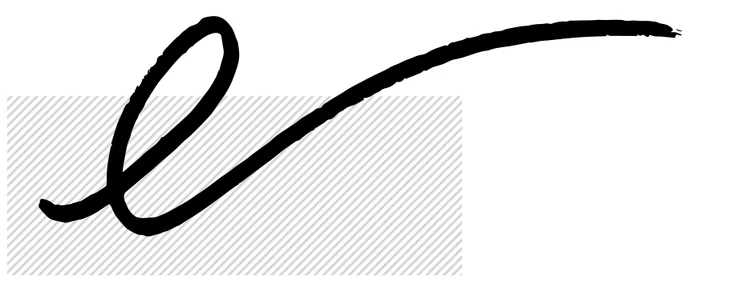You just started a new venture of Heath Coaching, in addition to your acupuncture practice. How did this come about?
I was noticing a trend with a lot of my patients: those coming in with open minds, ready and willing to make long-lasting change in their thoughts, feelings, and actions, were ones that were seeing the greatest improvement in their health. Whereas the patients coming in wanting quick fixes were falling back into old habits and health issues time and time again.
In Chinese medicine, we be believe that our emotions can have as much of an impact on our health as what we eat or how we move. So I really wanted to start diving deeper with as many patients as possible and help discover the underlying thought patterns that were causing these physical manifestations of disease.
As for my current expertise of working specifically with creative entrepreneurs, that came about from my self-study on how to run a business. In three plus years of education learning to become an acupuncturist and health coach, I barely got any worthwhile business or marketing education. So I set out to teach myself through blogs, podcasts, and chats with other business owners. When I started immersing myself in that culture more, I noticed a huge trend of creatives prioritizing their hustle in lieu of their health - a total romanticization of the hustle.
Why does this matter in our industry?
Because you can't have one or the other! Choosing hustle or health? It doesn't work that way. You can't put all your time and energy into your business without having a significant negative impact on the health of your body and mind. And vice versa is true too! You can't spend all day trying to attain perfect health without your business falling apart.
The most successful people in our industry are the ones that understand this, and use it to bring both their health and their business to new levels on a regular basis.














